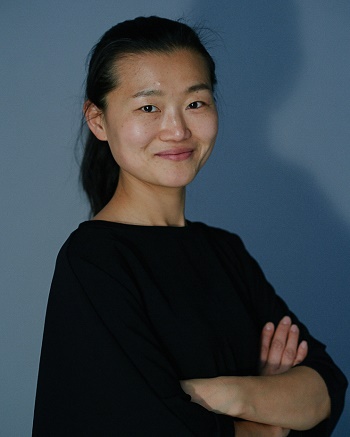
With experience ranging from international organizations to large multinational companies, Athena Lee is a seasoned professional who has been working overseas since 2009. In June 2017, she published a book entitled, Yes, I Aspire to Serve the World!: Ten Strategies on How to Start a Career in an International Organization. Lee hoped the book would resolve all the recurring inquiries of Korean job-seekers about the world of work outside Korea. Ewha Voice interviewed Lee to discuss the myths and realities of job-searching overseas for Koreans.
“I was the first Korean to be transitioned from an intern to a full-time employee at the OECD,” she said.
Her feat at the OECD is followed by numerous overseas job posts which gave her the insight and experience to write on this topic and advise young Koreans who share the dream of a cosmopolitan life. She currently works at the Human Resources and Information Systems department at Chopard, a Swiss Luxury brand. Human Resources and Information Systems is a critical factor in companies as it provides the systemic IT support necessary for managing personnel.
Contrary to what one may think given her current credentials, Lee’s primary goal when she was younger was to work for an international organization, not to necessarily work overseas. As a middle-schooler, she had aspirations to contribute something towards world peace, which led her to consider international organizations. However, Lee realized that she did not have to limit herself to international organizations.
“International organizations are merely one way to realize one’s larger, ultimate goals. You just have to find your way of contributing - whether it is through NGOS, UN agencies, private multinational companies or for that matter anything else,” she said.
Lee’s open mindset about her larger career goals have liberated her, but she also shared her observation of the current Korean youth: “The thing about young Koreans is that they give up too early and lack confidence,” Lee said. “Say your aim is to work at the United Nations. Young people are discouraged once they are rejected several times, and think that UN agencies may not be their ‘destined’ career path. However, the United Nations is such a huge organization that they will never know even if you applied a thousand times. People worry too much about insignificant details, which prevents them from applying in the first place.”
Lee also mentioned that overseas internships can be an asset to those looking to work overseas after their studies, but the experience is not compulsory.
“Essentially, what you want to show your future employers can be boiled down to two things: whether you possess the necessary language skills to communicate for work purposes, and if you can signal your areas of interest whether it’s public health, global governance, poverty alleviation or anything else.”
Gaining an internship opportunity, therefore, can deliver employers a job seeker’s language and whether their interests match with that of the employer’s. Alternatively, it can be easily replaced with other extracurricular opportunities that truly show what the candidate is capable of and is interested in, such as volunteer work.
An internship is a start, and in Lee’s case, it led to a more permanent position at an organization or firm. According to Lee, however, the concept of chulbabtong, which denotes a long-lasting career at a safe and steady position, is archaic.
“The idea might have been applicable to my parent’s generation, but it is critical especially for millennials to understand that chulbabtong has ceased to exist,” Lee commented.
Especially in the current “gig economy,” where people cannot take one job for life, and must work multiple jobs in their lifetime, Lee stressed that it is important to take away meaningful experience from each post and connect the dots as each item will help you achieve your ultimate goal.
“Working overseas as an expat is not all roses,” Lee concluded. “Every company and every country has a different corporate culture. It is wrong to think that working overseas will give you more freedom than in posts in Korea. There is a great deal of responsibility that must accompany that freedom.”
“Working overseas as an expat is not all roses,” Lee concluded. “Every company and country has a different corporate culture. It is wrong to think that working overseas will give you more freedom than in posts in Korea. There is a great deal of responsibility that must accompany that freedom.”

